Japanese solo indie developer Browser Land recently made a public offer to game publishers interested in publishing their upcoming title Tactics Greed. What’s interesting about the post is how upfront they are about conditions related to revenue sharing and other contract terms that are usually discussed behind closed doors. I interviewed Browser Land to find out why they settled for this bold approach.
Browser Land is currently in the final stages of developing their deck-building action RTS game Tactics Greed. They just released a demo to rave reviews and are currently soliciting offers from publishers. Though the developer is prepared to self-publish, they “wanted to try to look for a publisher one last time.” Browser Land’s open call, published on May 27, reads as follows:
Conditions
・Sales revenue distribution: 40% to the publisher, 60% to Browser Land
・Advance payment: Equal to the number of wishlists at the time of contract signing multiplied by the game’s list price*
・Costs related to localization etc.: Covered 100% by the publisher **
・Platform: Steam ***
・Release schedule: Planned for the second half of 2024
・The contract can be terminated in the case of delayed payment.
・URL: https://store.steampowered.com/app/2265190/Tactics_Greed/
・For other details, please contact me directly.
*I consider the number of wishlists up until contract signing to be the result of Browser Land’s marketing efforts, so I ask for this amount in advance, not including Steam’s share of 30%.
**Only explanations need to be localized, so the number of words to be translated will not significantly differ from the demo version.
***I will consider ports to other platforms if payments from the Steam contract are handled smoothly without delays.
Interestingly, Browser Land’s terms and conditions show a good understanding of the indie game industry – they preemptively resolve all points that are likely to cause disputes between the developer and publisher, such as how revenue from sales will be distributed and who will cover localization fees. However, I was interested in the details of these conditions and why Browser Land decided to look for publishers in this unconventional way.
In response, Browser Land explains that their goal with this public bid was to “eliminate waiting that does not bring any results.” In their career so far, they have experienced many cycles of drawn-out email negotiations falling through due to publishers suddenly going radio silent. Realizing that this kind of time loss is bad both strategically (with the game being almost complete) and for their mental health, Browser Land decided to make their non-negotiables public and solicit applications based on them.
As for how they decided on the conditions listed above, Browser Land referenced media articles, their past experience with negotiations and advice from fellow indie developers. For example, they had encountered cases of developers receiving up to 70% of royalties, but had the personal experience of being offered 50%. As a result, they went for the middle ground with 60%, considering 70% to be too audacious and 50% to be too timid.
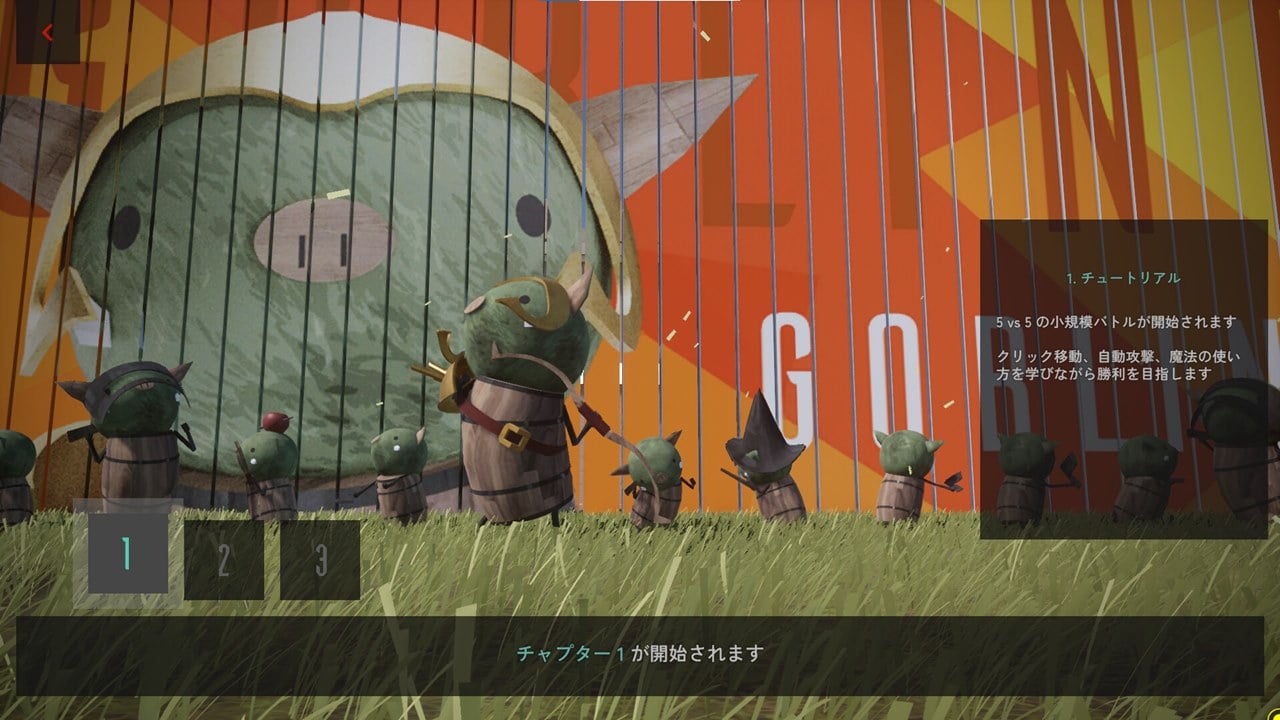
On the other hand, Browser Land’s condition about receiving advance payment equal to the number of wishlists multiplied by the game’s list price struck me as quite unusual. In response to my inquiry, the solo developer offers several reasons. First, they found that basing the sum on wishlists was a good way to define an advance payment that the publisher would find convincing and reasonable. At the same time, they mention that the sum they ended up with using this formula was very close to an offer they had received from an overseas publisher, which reassured them that it was indeed appropriate. In addition, they intend for this method to serve as a clear distinction between “pre-contract figures” and “post-contract figures.”
Hearing all this, I got the impression that Browser Land had more than enough knowledge and experience to try and self-publish. In response, the developer says that time constraints and the language barrier are what’s stopping them from doing so. Given that they’re a one-man team, there are limits to what they can accomplish, and as Tactics Greed is their first commercial release, coming by sufficient advertising funds and releasing the game past Japan’s borders are additional challenges. They judged that a publisher would be indispensable to maximize sales from their current project, which resulted in the open call via X. I end this interview with Browser Land’s description of their upcoming game:
My children are in grade school and kindergarten respectively, and Tactics Greed is a game I hope to be able to play together with them. Seeing kids play games like Splatoon and Super Smash Bros., I got the idea of making a strategy game that would cater to casual audiences in this way.
A game that both kids and adults will find fun, with simple controls, intuitive rules, cute characters and short rounds. It combines deck building and action RTS mechanics, and can be played with only a mouse, meaning that you can sneakily play it during work.
Regardless of whether you’re a veteran RTS player or have never played an RTS, please try out Tactics Greed! The demo is out now!
Tactics Greed is currently in development for the PC (Steam).

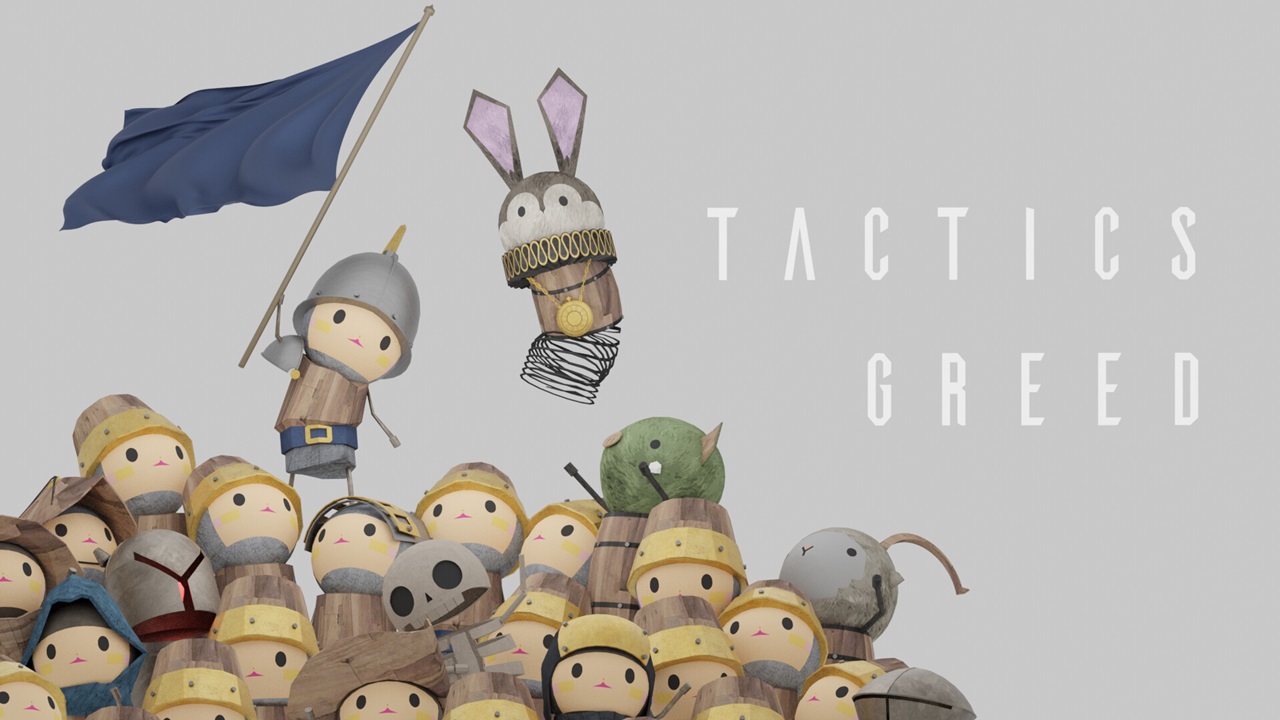

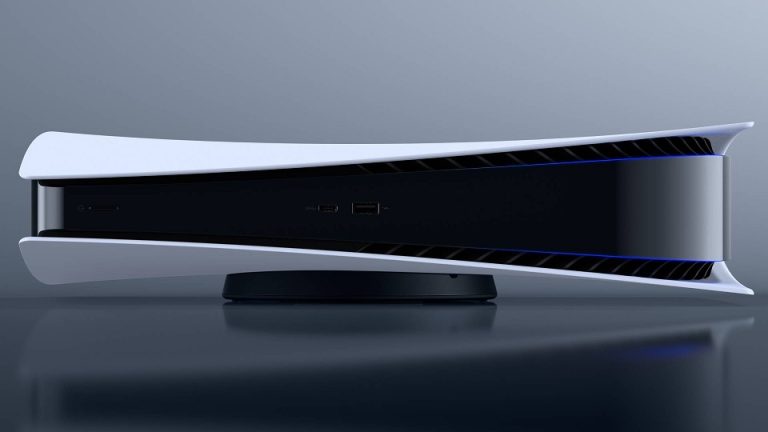
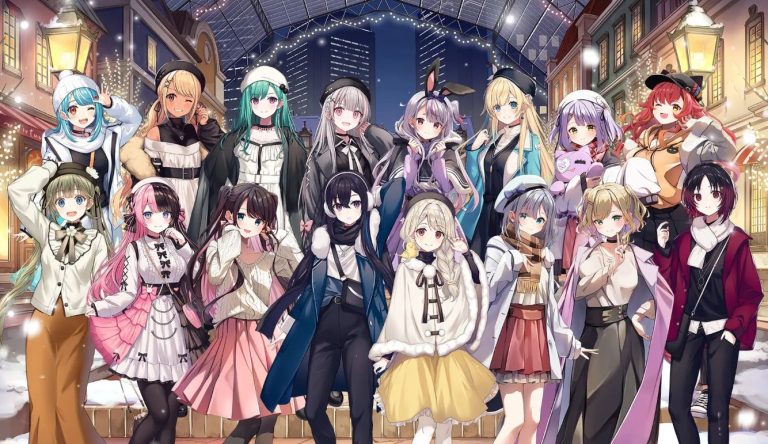
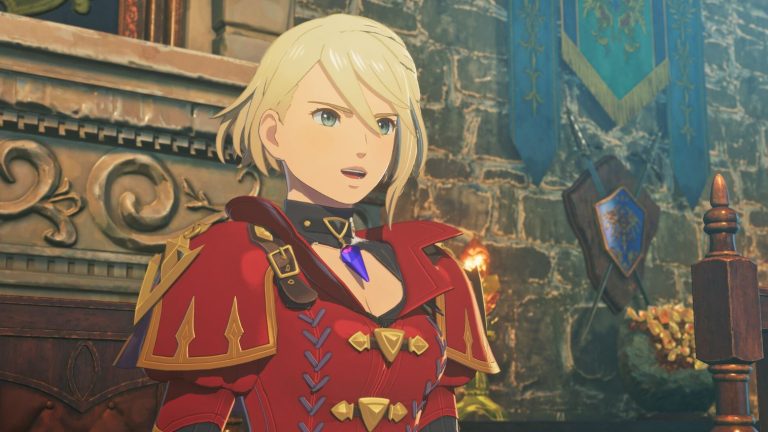
First, I do like the idea of an Auto Battler which is an interesting recent genre and an RTS combination which takes a lot of the building guess work out and get’s to the point. One caveat is I usually dislike deck builders due to it being more on chance than it being something like in some Touhou Fangames where it could be used as an X-Factor to flip things in your favor or to be able to finish your opponent easily. But with the way Tactics Greed does it, i am going to try out the demo on Steam myself, and potentially wishlist it because it does seem like it understands pain points children and even new people would experience with these genres.
As for Developer and Publisher, i do think Wishlists are a good indicator of attention the game has surrounding payments in the Indies and is perfectly reasonable for the 60/40 split if the wishlists are warranting it and are realistic to begin with. The only thing i would say is on localizations there does need to be more of a tilt towards AI and in-house Japanese Editors that are bilingual as it makes sense to potentially cut costs and run publishing more efficiently as a whole with constant communication and knowing how things are doing overseas with someone in the country vs having to run the risk of trusting 3rd parties overseas, and having no way of knowing how to undue possible translation errors or even potentially dramatic errors that undermine the narrative and characters themselves that have happened in Eiyuden Chronicles Hundred Heroes.